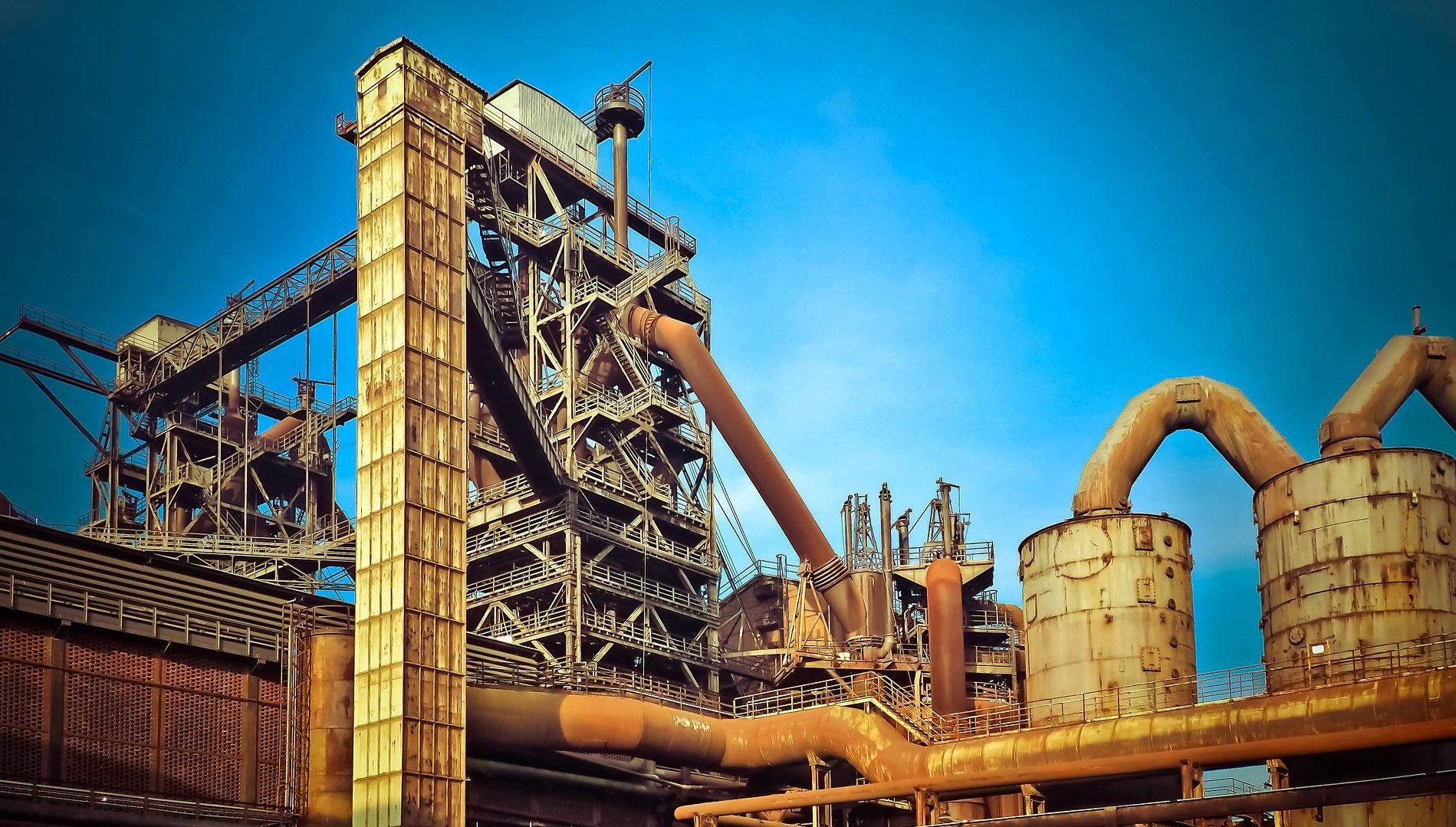With so many countries in lockdown due to the coronavirus, an economic downturn is already underway.
But how deep will the slump be? Will it be a recession? A depression? And how hard will it be for the chemicals industry?
With such a sudden drop in economic activity all around the world, there is no doubt that the global economy will suffer. According to the BBC, the upcoming recession will be worse than the 2008 financial crisis slump. With the WTO forecasting a “… a contraction of between 13% and 32% this year. [With] a decline of 13% in trade in goods is described in the report as a relatively optimistic scenario.”
Although surprisingly, while the pandemic is the major cause of economic turmoil, the report still references how, “… growth in global trade had already stalled towards the end of last year. By the final quarter of 2019 goods trade was 1% lower than a year earlier.”
With the WTO believing this to be the result of ‘persistent trade tensions’ between China and the USA.
While all sectors of the economy will suffer the effects of the coronavirus lockdown, the latest report by chemical industry consultants at ICIS makes clear that chemical manufacturers may be in for a tougher time than most.

The report explaining how, “China is the world’s biggest net importer of polyethylene (PE), polypropylene (PP), paraxylene (PX), and monoethylene glycol (MEG). Restrictions linked to the coronavirus outbreak have caused China’s chemical industry to suffer a 15-25% slump in demand during February.”
Such a sudden downturn in demand for the world’s largest chemicals market is also reflected in European prices. ICIS market reporting head Barbara Ortner highlights prices crashes across Europe for numerous products. “… for European benzene, the April contract plunged 70% from March, settling at a record low of €171/t. Ethylene contracts for April fell by a record €200/t, to €720/t; while propylene dropped by €175/t, to €650/t.”
Meanwhile, ICIS also reports that. “European phenol contract prices have plummeted to an 11-year low in April and spot prices are now at their lowest since 2002, [because] consumption has largely beaten expectations amid the coronavirus downturn.”
Additionally, the report quotes one Europe-based phenol producer as saying, “No one is optimistic. All of us are in a big risk.”
The result of such dramatic price drops is fear and uncertainty which has put many chemical companies in very weak positions.
Certainly, ICIS chemical business global editor Joseph Chang, has already seen chemical share prices take a big hammering.
“Packaging stocks have held up much better than chemicals stocks,” he says, before explaining how this is due to the chemical industry’s involvement in every sector of the economy. As a result, a fall in demand for automobiles and chemical product demand suffers; construction demand down, and chemical product demand suffers; sales of consumer durables down and chemical product demand suffers.
The result is that chemical companies have been “hardest hit”.
While SunTrust Robinson Humphrey US chemicals equity analyst Jim Sheehan agrees that US chemical stocks have “taken a beating”.
Furthermore, the situation may get worse. Even as the spread of the virus lessens, Chinese chemical producers and exporters may react too quickly for Western markets. At present, according to Sheehan, “[Chemical] Companies with exposure to automotive and industrial customers are starting to run at full employment capacity but not necessarily at full operating rates. These facilities are just running to meet demand.”
However, he fears that as the coronavirus threat disappears from China, chemical production levels may return to normal, forcing Chinese companies to attempt to export product to the West where markets have yet to recover.
“So, it remains to be seen what level of activity we normalise at in China.”
The situation may hit American chemical producers harder than others, as an economic slump will mean continued low oil prices.
“The ethane advantage US producers had is gone,” says ICIS demand forecasting lead analyst Rhian O’Connor stated in a recent interview with Engineering News,. “Lower oil means lower naphtha and lower European production costs, so the once advantaged US is not advantaged anymore.”

While logically, the return to normal business and economic activity may happen soon and ‘overnight’, there are still fears that the economic downturn will not be short. There were already concerns for an overheated global economy, with national and public borrowing hitting new highs, while oil price instability and continued tensions over trade between China and the USA which have been exacerbated by the coronavirus outbreak ‘blame-game’.
The result is continued economic uncertainty and a potential lengthening of a recession in the chemical industry.
As O’Connor states, “We are going to see a more extended downturn than we were expecting, and then a slower recovery than many are forecasting.”
Newsflash! April 10th 2020. Exxon Mobil Corp. announces 30% drop in capital expenditure in 2020 (worth $10 bn) due to economic impact of COVID-19.
Photo credit: John R Perry from Pixabay, Free-Photos from Pixabay, Pixabay,